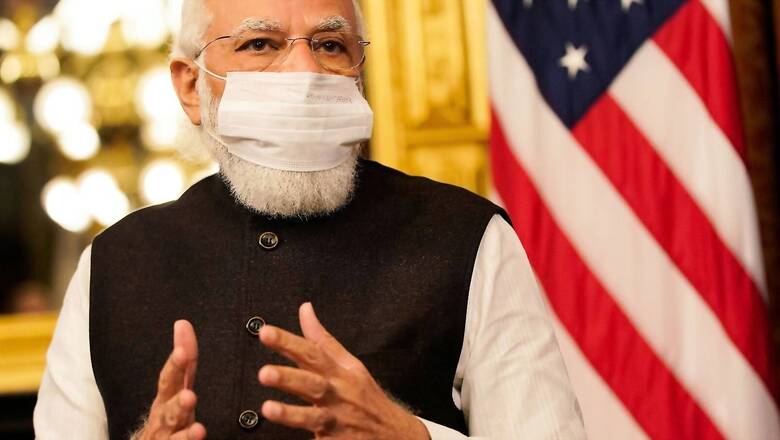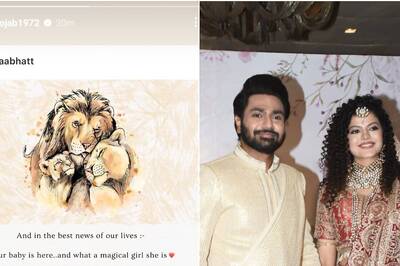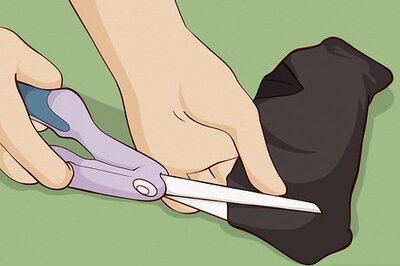
views
Prime Minister Narendra Modi was one of the persons who really made Aadhaar happen and was the biggest sponsor of Aadhaar, the first chairperson of Unique Identification Authority of India (UIDAI) Nandan Nilekani said on Tuesday.
Nilekani was addressing the ‘Aadhaar 2.0’ conference in Delhi before senior government officials from across central and state government departments and those from 14 countries. Nilekani had launched Aadhaar in 2009 under the UPA tenure. “I was fortunate that after Prime Minister Narendra Modi came to power in 2014, he was kind enough to give me an appointment at a day’s notice. I had met him earlier when he was Gujarat CM when we discussed Aadhaar and many other things. When we met him in 2014, he listened to me in rapt attention… he had every good understanding of the technology,” Nilekani said.
The former Infosys co-founder and co-chairman went on to say that Modi had fully backed Aadhaar. “He (Modi) was one of the persons who really made it happen. He was the biggest sponsor of Aadhaar and today it has reached every nook and corner of India, has become a part of the JAM trinity and has become completely important in everybody’s life. We have seen it even more during the pandemic when millions availed the benefits during the Aadhaar-based Direct Benefit Transfer (DBT),” Nilekani said. Incidentally, Nilekani had quit UIDAI to unsuccessfully contest 2014 Lok Sabha polls for the Congress.
Nilekani also recalled the early days when he took over as the UIDAI chairperson in 2009. “I still remember the early days of Aadhaar 12 years ago when I joined in July 2009. Aadhaar was not given much chance of success when we started. It was an attached office of the then Planning commission, it did not have a law, it did not have budgets, the technology was unproven and we had many hurdles and adversities to cross to get to where we are today,” Nilekani recalled. He said he along with RS Sharma put together a team that made Aadhaar happen. “It shows that people if they have heart in the right place, they can do things at this scale. We had bureaucrats, technocrats, different work cultures and different attitudes and we were able to blend them all into a team,” Nilekani said.
Read all the Latest India News here




















Comments
0 comment